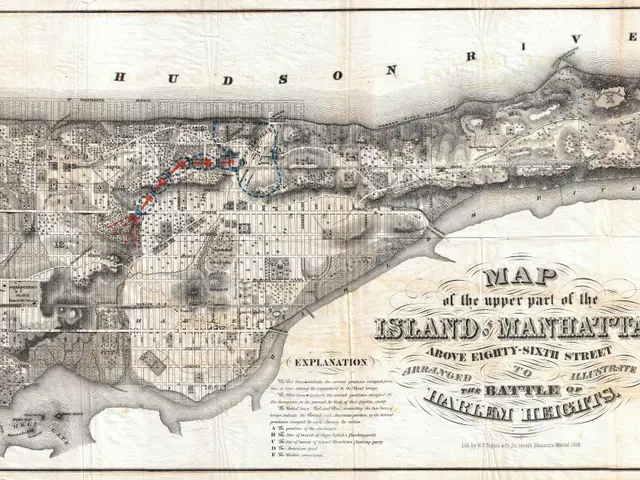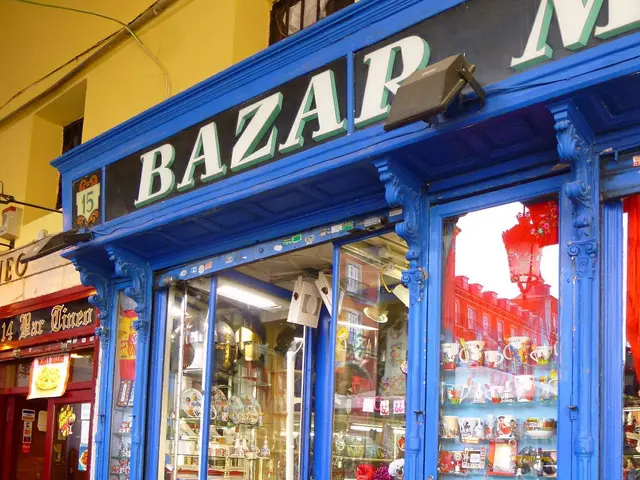Meta tackles controversy over platform handling of Israel-Hamas conflict content
Meta, the parent company of Facebook, is in the spotlight for its approach to content related to the ongoing conflict between Israel and Hamas. The heightened scrutiny comes as social media platforms face concerns from EU and US regulators over the hosting of misleading and hateful content. In response, Meta has implemented several measures to monitor and address these issues.
The Meta Oversight Board, known as the company's Supreme Court, is handling complaints about content related to the conflict. The board, composed of experts in fields like free speech and human rights, has been busy adjudicating a dozen cases since the start of the conflict. The case in question—a video showing the aftermath of a strike on Gaza's Al-Shifa Hospital—has been the subject of much controversy.
Meta first removed the video, citing its policy against drastic and violent content. However, after a user appealed the decision, the video was reinstated with a warning about its disturbing content. The Oversight Board is also reviewing a different video that shows two hostages being taken by Hamas fighters. The video has been removed twice—first due to its violation of Meta's policies against violence and incitement, and later due to the identification of hostages in the footage.
Meta has taken steps to address the rapidly evolving situation, including setting up a specialized team with experts who speak fluent Hebrew and Arabic to monitor and respond to the conflict. The team collaborates with external fact-checkers to ensure compliance with Meta's policies.
The ongoing conflict in the Middle East highlights the role of tech companies in shaping information dissemination. This role has significant implications for international relations and geopolitical developments. Meta, like many other digital communication platforms, plays a crucial part in this arena.
Still, the company's approach to handling content has faced criticism and scrutiny. Critics argue that Meta's new approach to fact-checking, which relies on user-generated labels, may not be as effective as traditional methods. Additionally, Israel and Palestine have lodged thousands of requests for content removal, with Israel having a far greater success rate in this regard.
In conclusion, Meta's handling of content related to the Israel-Hamas conflict has been a topic of debate. While the company has taken steps to ensure compliance with its policies, the effectiveness of these measures and the fairness of their application are subject to ongoing discussions and criticisms.








